Running a business in Singapore involves more than just operational management and growth planning — it also requires strict compliance with regulatory obligations set by local authorities. The two main regulatory bodies business owners and directors must regularly engage with are:
- ACRA (Accounting and Corporate Regulatory Authority) — overseeing company registration, corporate filings, and statutory compliance.
- IRAS (Inland Revenue Authority of Singapore) — responsible for administering tax laws, corporate tax filings, and GST compliance.
In this insight, we outline the key compliance responsibilities businesses must meet under both authorities, the risks of non-compliance, and how proper corporate governance ensures smooth, risk-free operations in Singapore.
ACRA Compliance Requirements
All Singapore-incorporated companies must comply with ongoing statutory obligations under ACRA’s supervision. Key requirements include:
Annual Return (AR) Filing
Every company must file an Annual Return with ACRA within 7 months after its financial year-end (FYE). This filing confirms the company’s financial position, shareholder structure, and key officers.
Maintenance of Statutory Registers
Companies are required to maintain accurate and updated statutory registers, including:
- Register of Members
- Register of Directors
- Register of Company Secretaries
- Register of Controllers (for beneficial ownership disclosures)
Appointment of a Company Secretary
Every company must appoint a qualified company secretary within 6 months of incorporation. The secretary ensures all corporate filings and governance matters are properly handled.
Filing of Changes in Company Details
Any changes in directorship, shareholding, registered address, or business activities must be promptly filed with ACRA via BizFile+.
IRAS Compliance Requirements
Singapore-registered companies are also subject to corporate tax obligations under IRAS. Key responsibilities include:
Annual Corporate Income Tax Filing
Companies must file:
- Estimated Chargeable Income (ECI) within 3 months after FYE.
- Form C-S / Form C (final tax return) by 30 November of the following year.
GST Registration and Compliance
Companies with taxable turnover exceeding SGD 1 million in the past 12 months, or expected to in the next 12 months, must register for Goods and Services Tax (GST).
Registered companies must:
- File quarterly GST returns.
- Pay any GST due within 1 month after the end of each accounting period.
Withholding Tax Obligations
When making certain payments to non-residents (e.g., interest, royalties, or service fees), companies may be required to withhold and remit tax to IRAS.
Common Compliance Mistakes to Avoid
- Missing annual filing deadlines for ACRA and IRAS returns, leading to fines and penalties.
- Failing to maintain updated statutory registers and beneficial ownership disclosures.
- Late GST registration when surpassing the revenue threshold.
- Neglecting to submit Estimated Chargeable Income (ECI) within the prescribed period.
- Inaccurate or incomplete tax filings, triggering audits or penalties.
- Improperly structured nominee director arrangements lacking proper compliance oversight.
How Vanice Advisory Supports Businesses
At Vanice Advisory, we provide comprehensive corporate compliance services to help businesses meet their statutory obligations efficiently and accurately. Our services include:
- Corporate Secretarial services to handle ACRA filings, Annual Returns, board resolutions, and maintenance of statutory registers.
- Bookkeeping services to ensure accurate financial records and support for tax reporting.
- Corporate tax and ECI filing support, including GST registration and quarterly return management.
- Compliance health checks to identify and rectify governance gaps before they escalate into regulatory issues.
Our goal is to deliver structured, professional compliance management, so you can operate with peace of mind and focus on growing your business.
Final Thoughts
Singapore’s business environment is known for its transparency and rule of law — but with that comes rigorous compliance expectations. Staying current with both ACRA and IRAS requirements is non-negotiable for businesses seeking to maintain good standing, avoid penalties, and remain operationally resilient.
A disciplined, well-managed corporate governance framework supported by professional service providers ensures you meet your obligations confidently while protecting business continuity.
To arrange a compliance review or discuss your corporate governance needs, contact us at vanice@vaniceadvisory.com.

